The career of food expert and university lecturer Alie de Boer is all about getting honest information about healthy and sustainable food. Patience killed her brother. “Every consumer should be able to make their own assessment.”
Sure, food scientist Alie de Boer sometimes suffers from a mild form of occupational deformity. For example, on vacation you always go to your local supermarket to read labels. Not that there are extreme differences within Europe, by the way. In Austria, I spot a notice on a package that you have to separate the plastic top edge of a slice of cheese from the paper plate.
About bright people
Bright people are indispensable for making tomorrow’s world more beautiful, cleaner and better. In this series, we interview one of the Brightlands Campus Heads every month. These true innovators talk about their mission and how they want to achieve it.
Brussels and The Hague
According to her, the information on such a label, website, or folder is critical to making a good choice of a healthy or sustainable product. The Knowledge Center in Venlo, established by Alie de Boer, conducts research, advises, informs and monitors this information. She shares her experience in Brussels and The Hague and is happy to demonstrate its importance in consumer programmes. Lately, it’s been a matter of grown dairy products and what exactly the label should say. Such choices, but also whether the product has been sufficiently sustainably produced, must be made on the basis of truthful information on the label.
You mainly eat because something is delicious. For a growing number of people, the fact that food must be healthy or sustainable is an important factor. We assume that our food is safe. But is the information on the label correct and above all: does it contain everything?
Ali de Boer
Food Claims Center
Born in Friesland, Alie de Boer (33 years old) ended up in Wageningen (Bachelor of Nutrition and Health) at Maastricht University and has been living in Venlo for about five years now, where Food Claims Center She founded and conducts research with her team and students. She has few illusions that she can turn the world upside down. “You eat mainly because something is delicious, because you feel like it, and for a growing number of people it is important that the food is healthy or sustainable. We assume that our food is safe. But is the information on the label correct and above all: does it contain everything? ?”
sugar
The answer can be guessed. This fall, for example, beer, wine, and spirits labels will only indicate how much sugar is in the bottle. As an expert, Alie de Boer has been involved in research on proposed changes to these designations. You find it strange that the sector has always been in such an exceptional position. But it is also often a complex issue. There are fifty different names for sugar. It’s very complicated. There are many compounds that can give sweetness. This makes it difficult for you to go how far you should go in providing this information and how accurate you should be? There will undoubtedly be a group of people who will want to know exactly. But can we make that easier or more accessible? “
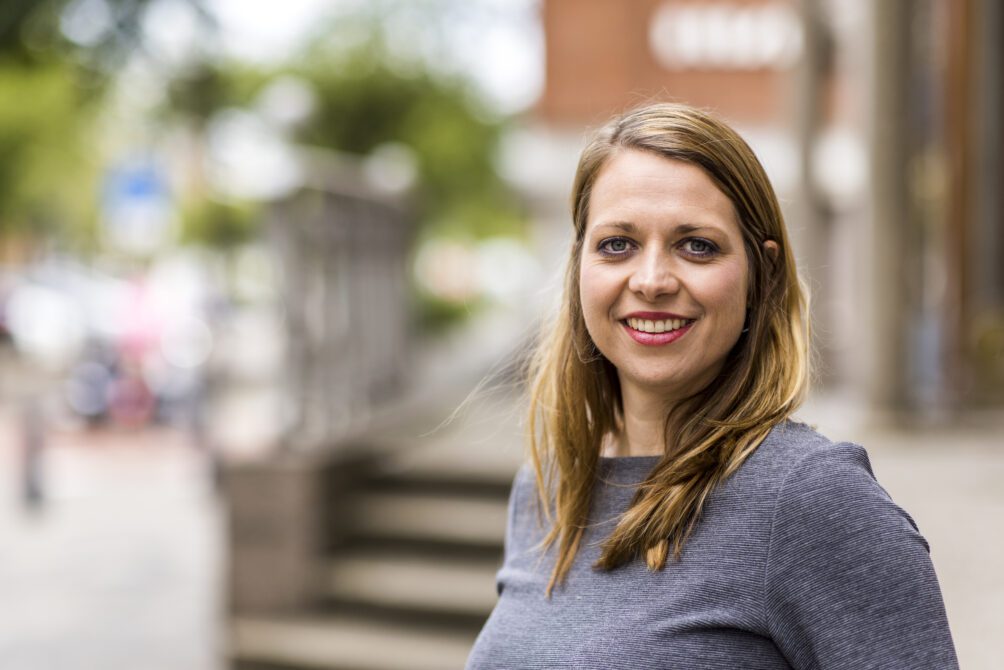
influencers
According to De Boer, the rules about what may be on the packaging are very strict. But in the meantime, influencers are starting to grumble that they’ve had a great tea. “Lately it’s been about ginger shots. People pay a lot of money for it, but you have to realize that it doesn’t do much. We know ginger really helps with nausea, but all those stories that give you energy and give you a boost, that’s unproven. Scientifically. If you want to believe it, and if you want to spend money on it: Be my guest, and enjoy yourself. But do not try to convince others that it is healthy.”
But what do you recommend? “I would say: the effect has not been proven. Some of that has already been arranged, but others are not. In addition to vitamin supplements, there are also many nutritional supplements on the market that contain herbs. And while claims about these products are very tightly regulated, Those herbal products haven’t been settled yet. The effects of a substance have to be scientifically proven, then you can sue. But for herbs, there’s a lot of anecdotal evidence. For example: This product has been used to treat headaches in Holland for thirty years. That’s not Evidence yet. You have to study that and make sure the effect is measurable. At the moment, it’s been said in the Netherlands: These products may have a disclaimer We’re waiting for approval. Well, I guess we can wait, but there’s a good chance it won’t come at all. Because it is very difficult to prove efficacy in large groups of healthy people.”
sulforaphane
Alie de Boer and her team (six research associates) are conducting research on the effects of foods. For example, for the supposed beneficial effect of sulforaphane in broccoli. There are indications from cellular and animal studies that this substance can fight inflammation and thus reduce the risk of obesity or diabetes. “The first results actually seem to show interesting effects in healthy people,” says the nutrition expert. “We often look at food to see if it’s medicine. You take a substance, you measure one effect and it must be healthy. But a food product contains many different substances, and often one of those substances has different effects and functions. Vitamin C is a good example of this. “Looking at all those different effects is very complicated. In the case of sulforaphane, we’re trying to better map this with the new models.”
mission accomplished
Why do they do this? This type of research can scientifically confirm that fruits and vegetables are healthy. I wouldn’t be quick to say that food will act as medicine, but it can help keep us healthy for longer on average. So we need lower healthcare costs and you’ll be happy for longer. If we can help get more people to eat fruits and vegetables, my mission is accomplished.”
Alie de Boer, researcher and lecturer, works on the campus of the University of Maastricht in Venlo. Try as much as possible to contact Brightlands Campus Greenport Venlo, a few kilometers away. The people there are busy growing healthy food and eating healthy food and we’re a link in that. We know each other very well, although we can always do better.”
I hope we have already contributed to the realization that as a consumer you should have a choice, and that you need good information for that.
Ali de Boer
mango
We’re doing pretty well in Europe in terms of food safety, says de Boer. Although she thinks we should talk more about sustainability. “If a batch of mangoes comes from Costa Rica and has significant CO2 emissions, I think you should share this information with the consumer. Then they can still choose to buy these mangoes because they are very tasty.”
Where is the Food Claims Center now? Alie de Boer: “I hope we have already contributed to the realization that as a consumer you must have a choice, and that you need good information to do so. We are contacted by various companies and bodies to discuss those choices in health, food safety and sustainability. They ask us to think And we try to make sure that the knowledge we gain is accessible. The producers also agree with us: I’m making a product, what should I pay attention to? Or: Explain to me the legislation.”
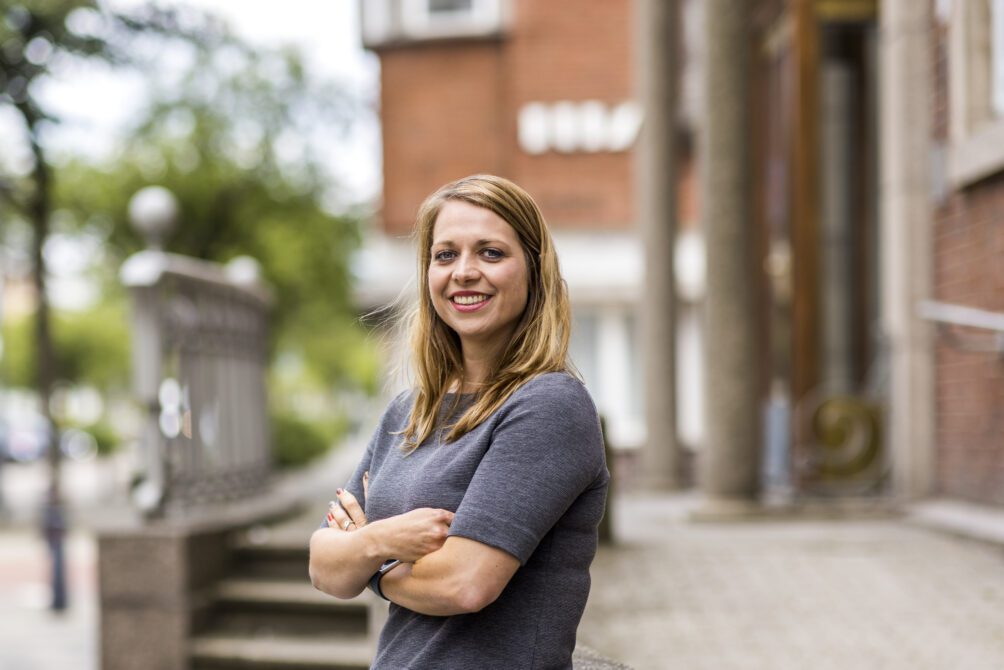
Initiative
“Brightlands very important to us. Because of this association with businesses and entrepreneurs, you know what is going on in practice. We do not operate commercially, but we can give all kinds of advice. Suppose a farmer has come up with a new variety of tomato, what should you be able to prove about the nutrients it contains and how far you have to go with it? These are still reasonably applied questions, but there is still a legal layer below. Food should not remain theoretical, it is about what we eat.”
Alie de Boer calls the knowledge center her “baby”, although one of them is now also growing in her belly. Both kids are doing great, but this story is about Venlo. “There is an unwise entrepreneurial spirit here, people see opportunities everywhere. There are companies on campus who have a tremendous amount of knowledge, but above all have the will to move forward. I really liked the bottom line of meeting each other on campus from the start. Must To have a common goal to stay motivated and I really feel that here.”
It is important that the research does not only end in a paper on which you can earn a Ph.D. Knowledge must go where people need it.”
Ali de Boer
Research can be lonely at times: “You figure things out on your own and you think: Who would find this cool? You have to keep this common goal in mind.” This also applies to the PhD candidates on her team. “It is important that they realize that research does not just end up in a paper that you can use to earn your Ph.D. The knowledge has to land where people need it.”

“Total coffee specialist. Hardcore reader. Incurable music scholar. Web guru. Freelance troublemaker. Problem solver. Travel trailblazer.”

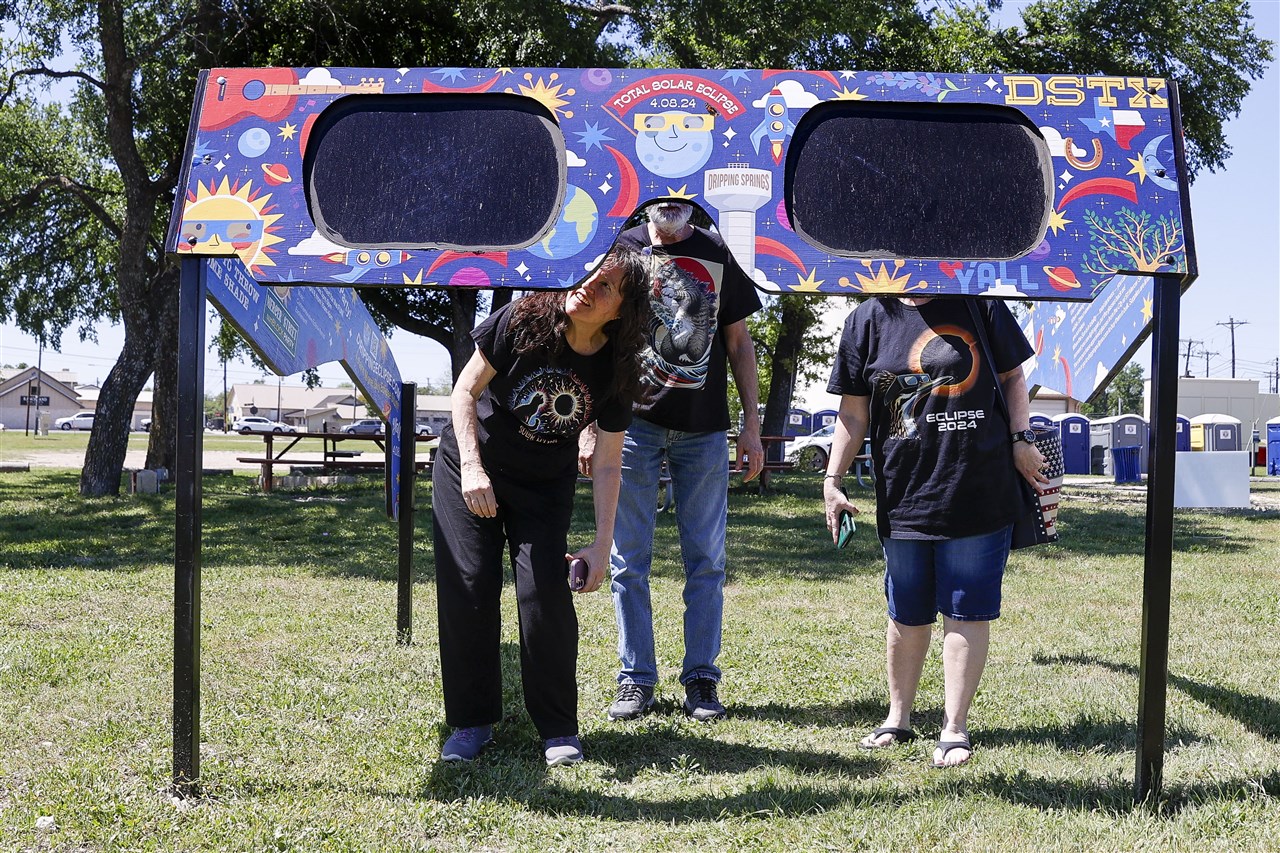
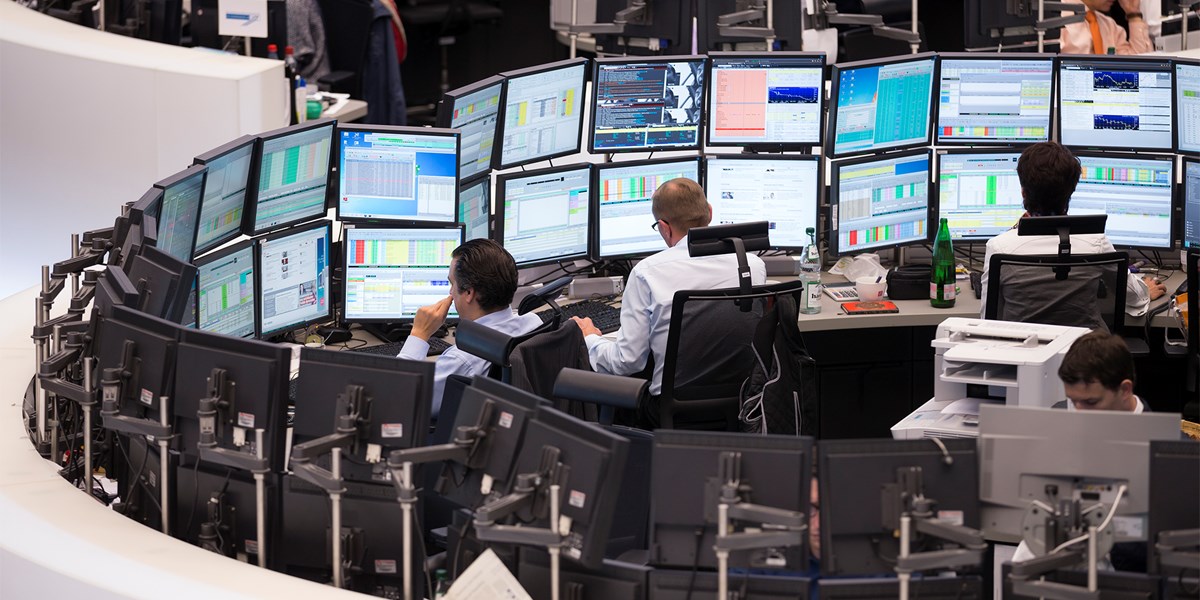

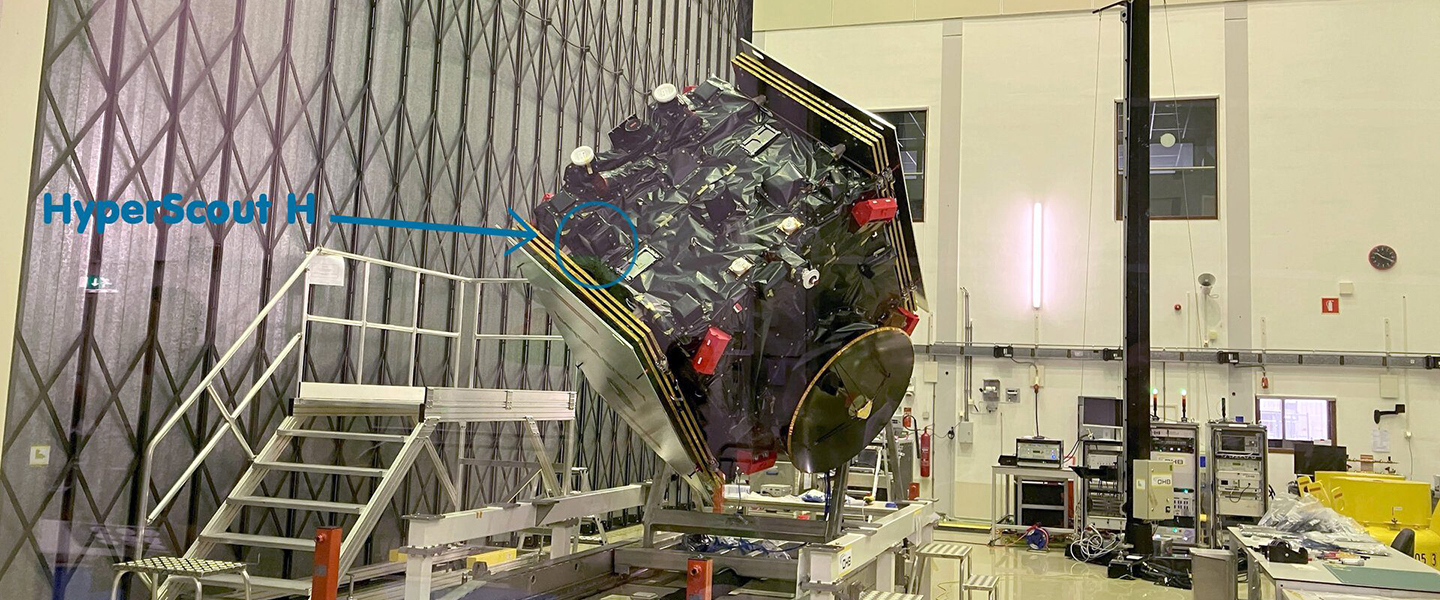
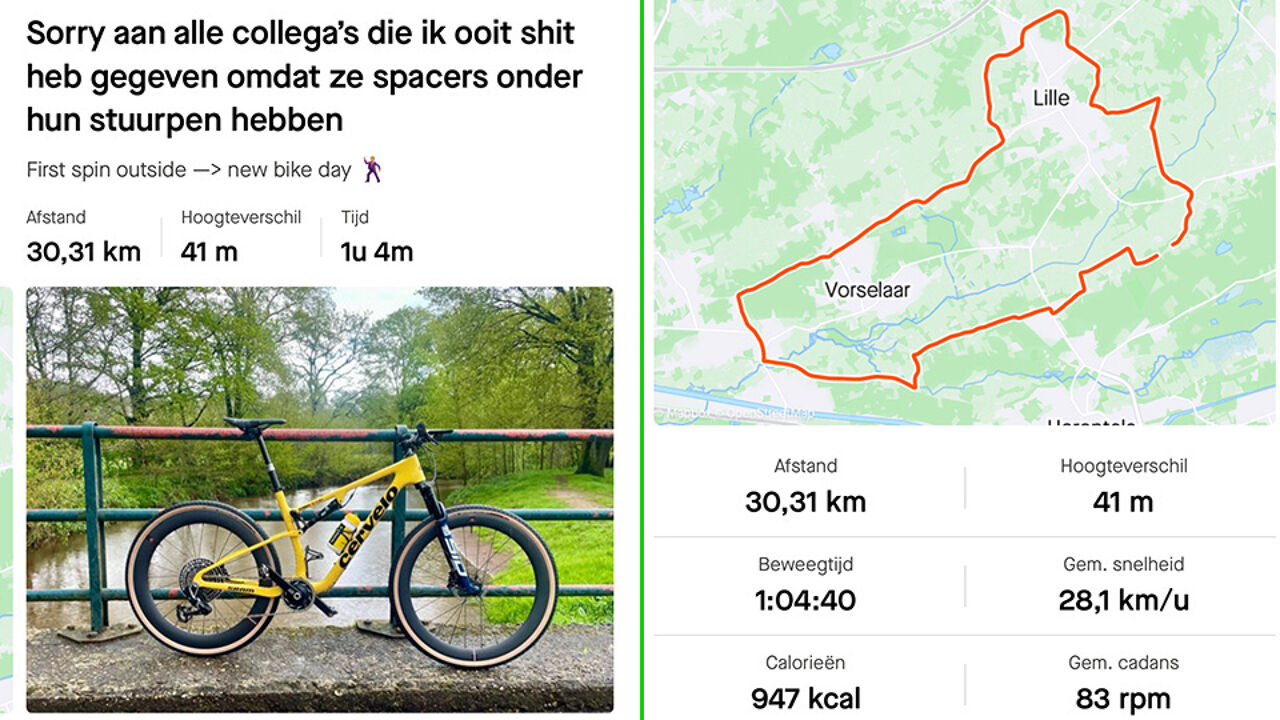

More Stories
Crash testing in space has a Dutch touch – Dutch cowboys
Why are men always warmer than women?
There is no more room for space debris